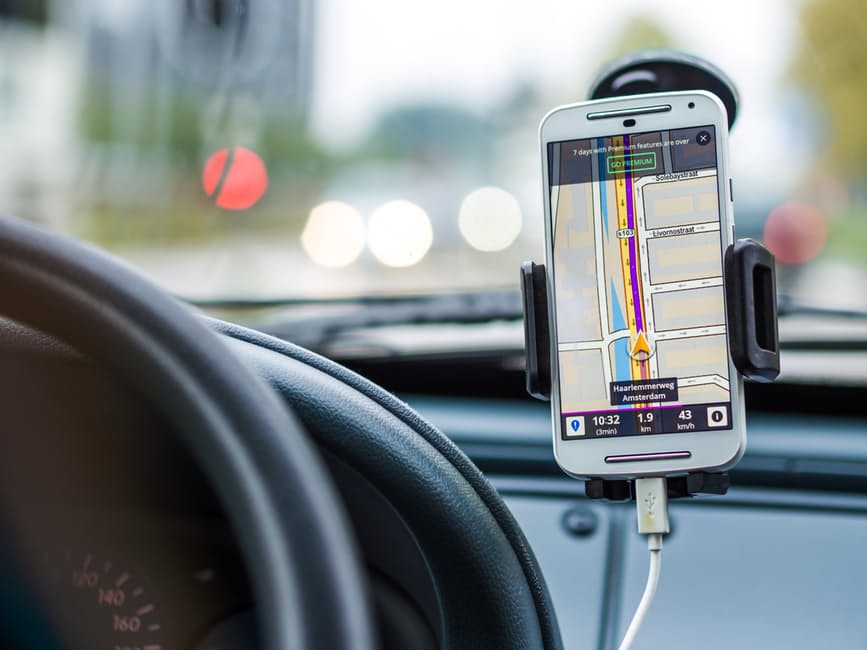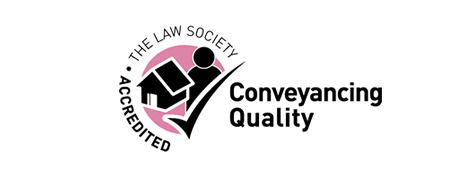POLICE CRACKDOWN ON MOBILE PHONES

Penalties for using your mobile phone whilst driving or riding a motorcycle have increased to 6 points on your licence and a £200 fine. This means that new drivers who passed their driving test within the last 2 years will lose their licence and fully qualified drivers will be half way to a 6-month licence ban, if a further 6 points are accumulated within 3 years. You may also be liable for a maximum fine of £1,000 or £2,500 if you are driving a lorry or bus.
Which devices am I not allowed to use?
The term “mobile phone” may mean more than you think. The law applies to any device capable of communicating through mobile networks, Wi-Fi or Bluetooth, including but not limited to: smartphones, tablets and iPods. Whilst mobile phone use is illegal when driving or riding a motorcycle, the law still applies if you are stopped at traffic lights, queuing in traffic or supervising a learner driver.
What is meant by mobile phone “use”?
The word “use” includes, but is not limited to: telephone calling (including holding your phone out on loudspeaker), text messaging, watching videos, searching on the internet and posting on or scrolling through social media. Therefore, you should think twice before changing music tracks or volume, playing games and using maps on your mobile device. If you are simply holding your phone, even if you are not using it, it is illegal.
What is allowed?
You may only use your mobile phone if you are safely parked with the engine switched off or if you need to call 999 or 112 in an emergency and it is unsafe or impractical to stop. Otherwise, you may only use your device if it has hands-free access. You may use the following:
- A Bluetooth headset
- Voice command
- A dashboard holder
Devices with such hands-free access may include: smart watches and other various voice-activated software. Satellite Navigation Systems are also permissible, providing it is mounted in a hands-free holder. Similarly, you can play music in your vehicle but only if mounted in a hands-free holder or connected by Bluetooth. However, in some circumstances, it is still forbidden to use your device even if your phone is mounted in a hands-free holder or connected to Bluetooth, for example, if you are scrolling through social media or searching the internet. You should be aware that you must still be in full control of the vehicle at all times when using hands-free. The police can stop you if they think this is not the case and you may be prosecuted.
If you receive a summons to court in the post or are at risk of accumulating 12 points on your licence, contact our Crime Department for legal advice.
Disclaimer: information on our website is published for general information only and represents our opinion on matters at the date of publication. It does not constitute legal advice and must not be treated as a substitute for it. For legal advice, contact us on 01425 471 424.









